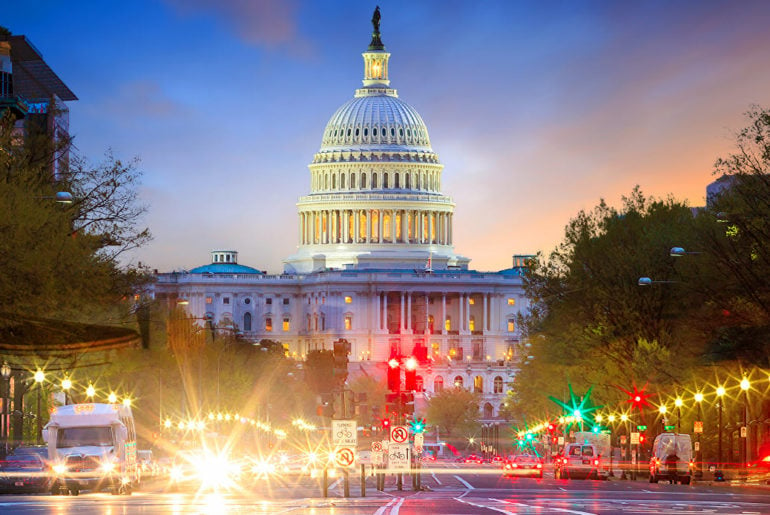The latest video in Baker McKenzie’s “The Employer Rapport – Quick chats for the US workplace” looks at guidelines for accommodating sincerely held religious beliefs and disabilities for employers mandating vaccinations.
Shelter-in-place or stay-at-home orders have been prevalent throughout the United States since March 2020 as state and local governments have sought to protect their citizens from the spread of the COVID-19 virus while at the same time reopen their economies in accordance with phased reopening plans. Illinois, Iowa and New Mexico extended their state-wide orders and/or the duration of the current phase of their reopening plans. Washington amended its state-wide mask mandate to require facial coverings for large outdoor events with 500 or more individual, regardless of vaccination status.
On 14 September 2021, the US Department of Justice’s Antitrust Division and the US Federal Trade Commission issued a Joint Statement on antitrust enforcement regarding collaborative relief efforts after Hurricane Ida. The Statement recognizes that collaboration among companies – even among competitors – may be necessary and beneficial to assist communities with rebuilding and relief efforts. However, the Statement also makes clear that neither agency will tolerate attempts to subvert competition laws or engage in illegal conduct under the guise of disaster recovery.
Key developments reflected in this week’s update to the tracker include the following: President Biden issued a COVID-19 Action Plan, which requires, among other things, that all employers with 100 or more employees ensure their workers are vaccinated or tested weekly. Colorado, Delaware, Indiana and Louisiana extended their state-wide orders and/or the duration of the current phase of their reopening plans Louisiana and Washington implemented state-wide mask mandates, while Nevada changed its mask mandate to give organizers of conventions in counties with substantial or high COVID-19 transmission rates the option to allow attendees to remove their masks if the organizer can guarantee that all attendees are vaccinated
US federal government agencies charged with implementing President Biden’s February 24, 2021 Executive Order 14017 continue to assess supply chain risks and vulnerabilities by issuing public requests for comment. Among other things, the Supply Chain EO directs the heads of several federal agencies to conduct a one-year review to examine supply chains for potential vulnerabilities in a number of sectors.
In recent weeks, the US Government has imposed a series of additional sanctions against Russia consisting of additional measures focused on the energy pipeline sector, as well as further measures in response to the alleged poisoning of Alexy Navalny. This latest escalation of sanctions against Russia builds upon the April 2021 sanctions imposed pursuant to Executive Order 14024, “Blocking Property With Respect to Specified Harmful Foreign Activities of the Government of the Russian Federation.”
This week’s discussion will cover the following:
• Details Behind The SEC Whistleblower Award That Pushed the Program Over $1 Billion in Whistleblower Payouts
• SEC v. DAYAKAR R. MALLU – Tipper-Tippee Insider Trading Case – SEC Investigation Tactics and Trends
• Indictment of lawyer by Trump-appointed Special Counsel for lying to the FBI in Russia investigation.
On July 19, 2021, the US Department of Commerce’s Bureau of Industry and Security (“BIS”) published a final rule (“Final Rule”) adding six Russian organizations to the Entity List. These designations are related to Executive Order 14024, “Blocking Property With Respect To Specified Harmful Foreign Activities of the Government of the Russian” (“EO 14024”) that was signed by President Biden in April 2021.
Concern regarding IP theft and other forms of unfair trade practices have been of paramount importance in the past five years in the United States – and have indeed been the justification for imposing significant and long-lasting trade barriers. The Biden Administration affirmed its commitment to using a wide range of remedies to address such trade practices through a set of reports on the 100-day interagency reviews conducted pursuant to Executive Order 14017 “America’s Supply Chains” (the “Reports”).
As a part of its annual Virtual Trade Week series, US Customs and Border Protection issued a list of Frequently Asked Questions on forced labor (“the FAQs”). The FAQs consist of responses to ten questions focused on current issues and latest developments in forced labor enforcement.


